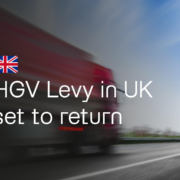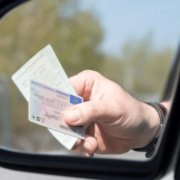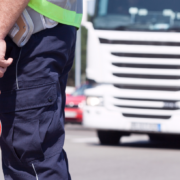Germany is one of the first countries to implement the EU measure, approving an increase in all Toll Collect roads for Euro VI class trucks from December 1, 2023. This increase is due to the incorporation of a new C02 pollution coefficient for vehicles, which means that the toll rate per kilometer will additionally depend on the amount of carbon dioxide (CO2) emitted by a vehicle.
Si lo deseas te llamamos gratis
Si lo prefieres puedes llamarnos
+34 968 387 220
También puedes contactarnos por email
Ir al formulario de contacto










